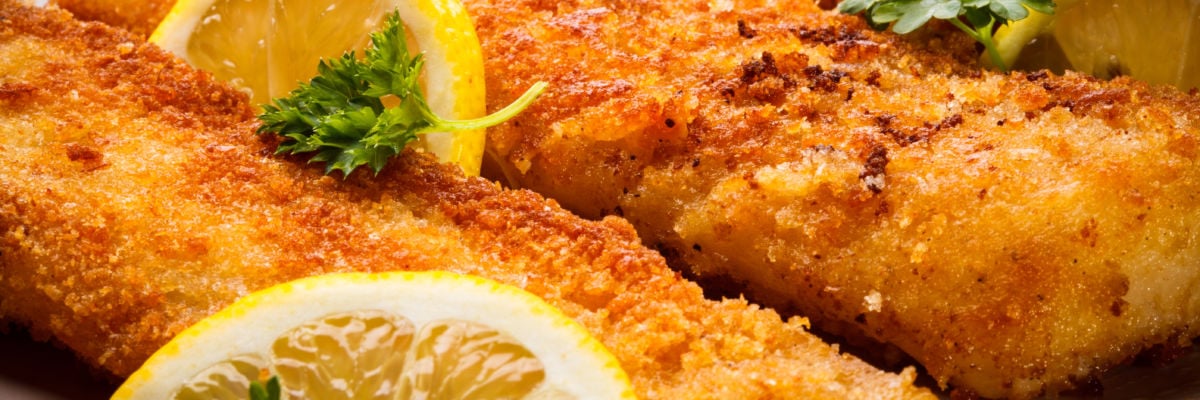
Let’s talk about eating fish on the beach with Jesus.
I put it that way because, personally, I can imagine few things better to eat than freshly caught fish on an open fire. That plus Jesus seems like heaven.
. . . which, to be clear, it is, because God himself is there. And he is eating.
There’s a lot to think about here. We could start with the fishing itself, and the fact that the disciples are doing it. Some of the Fathers wonder about this. Most of them come to the conclusion that no, they haven’t abandoned their mission; in fact, they still need to make a living, and at this point, despite the Resurrection, they’re still not entirely sure what they should be doing. Most of the Fathers see in the miraculously large catch a sign of the Church—which is gathered by the disciples and brought to shore, which is to say, again, heaven, where Jesus is.
And Jesus is eating in heaven.
Maybe that’s not the most precisely useful way to put it, but there are some interesting questions that we might ask. As you might recall, eating is a big deal in the post-Resurrection appearances. Jesus eats with the two disciples at Emmaus. He eats here at the Sea of Galilee. Why? The first and most obvious answer that occurs to most readers, ancient and modern, is that the Gospel writers really want to point out that Jesus is not a ghost. He really rose from the dead in the body. And this body is not just an appearance, but a reality. He can eat. Yes, he can also pass through walls and appear suddenly; he has all the aspects of the glorified body that the Scholastic tradition summarizes as clarity, impassibility, agility, and subtlety. But he can also eat. So although the resurrected body is new and glorious and different, it is also tangible and unavoidably material. Resurrection isn’t an escape from the flesh, but the sanctification of the flesh.
So far, so good. But does Jesus need to eat? That is, apart from what we might call the pastoral reason. Does his body need food? The traditional answer is no. St. Thomas Aquinas is quite clear on this point: The ultimate perfection of the body makes what he calls the “nutritive” powers obsolete (ST Supp., Q. 81, art. 4, sed contra). For Thomas, the nutritive power is similar to the generative power, something pertaining just to this life. Just as in heaven we will not give or be given in marriage, so we will not partake of food or produce waste.
Far be it from me to disagree with the Angelic Doctor, but I do have a quibble. It is not clear to me why, given the fact that Jesus clearly can eat, it is necessary to say that in the future he will not eat simply because he does not have to. In other words, if he can eat once, he can eat again, and so can we.
In fact, I think it important to insist on this possibility, even if we should affirm that physical eating ultimately points to the mystical “eating” that is the final communion with God in the beatific vision. Eating is at the heart of creation; it is central to humanity’s place in it. In the Garden of Eden, fellowship with God is signified above all by the fruit of the tree of life. It is through eating that we know God, and it is also through rejecting that food, and eating another in its place, that we lose our knowledge of God. In Exodus, God saves his people through a ritual meal. In the wilderness, he sends them manna from heaven to keep them alive. In the Eucharist, it is through eating a new and more perfect food that we are saved. Scripture ends with the marriage supper of the Lamb and with the restoration of the tree of life with its twelve kinds of fruit (Rev. 22:2). What was once one is now multiplied, overflowing, excessive.
That, in the end, is the economy of God’s salvation. He gives us what is necessary, yes, but he also gives us more. Our Protestant brethren rightly wonder: Why this need to re-present and remember day after day the sacrifice offered once for all? Why not one Mass, never to be repeated, if the Mass is, as we believe, of infinite value? But salvation isn’t about bare minimums, about the lowest common denominator. It isn’t about mere survival, even in perfect form. The peace of God that surpasses all understanding isn’t merely the absence of conflict, but the perfect ecstatic joy of the Holy Trinity. Giving, receiving, giving in return. Sacrifice. Gift. Food.
God wants to eat with us and be our friends. That is the Incarnation. That is the Resurrection. That is the Eucharist. And this isn’t because God needs us; it’s because he loves us. We do need him, because we have nothing without him. But even in finding him and knowing him, our hunger is never satisfied, even while it is also perfectly satisfied, because the knowledge of him is infinite. Even in our glorified perfection in heaven, when we do not need things, we can still take delight in things, because to be good is to take delight in the good. As my favorite twelfth-century commentator puts it, what is given to us here in this life as mere medicine is given to us for eternity as delight.
What is more delightful than a good meal with friends? Some things, to be sure, including above all consummation of our union with God. But if marriage is the most basic earthly sign of these things, it is important to say the presence of the deepest intimacy doesn’t cancel out the goodness of other forms of communion.
Amid all the theology and splendor of the Resurrection, there is this simple meal. It’s as if Jesus has to remind the disciples: Yes, I’m really here, and yes, it really is this life that I mean to save, not some other. He didn’t rise from the dead so that we could become ghosts with eternally deep thoughts. He rose from the dead so that we could, in our humanity, join him at the table.
Let’s join him at that table this morning. This meal, this sacrifice, is the sacrifice that ends all sacrifices, and the meal that ends all meals—but it is also the meal that begins all meals, the meal that propels us to the joy of the Lord’s eternal feast.



